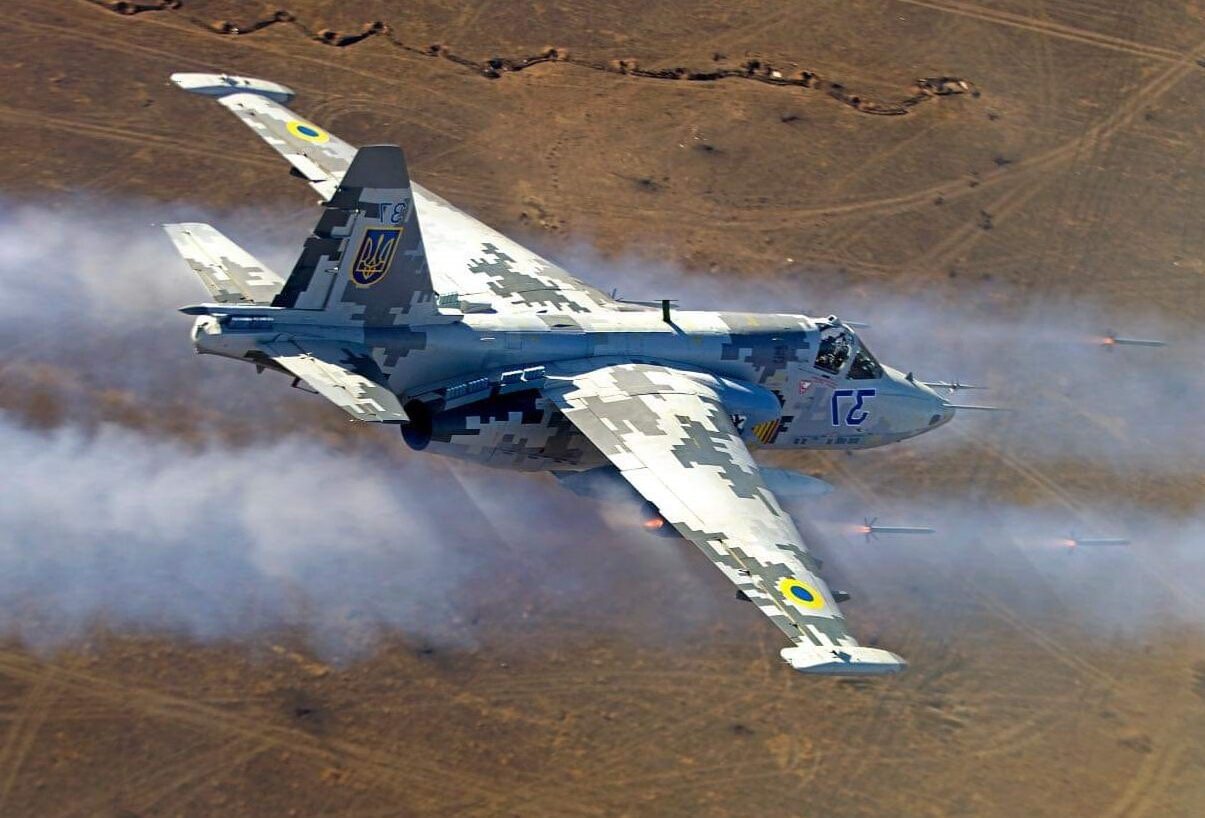Despite having a significantly larger air force than Ukraine (15 times larger by some accounts), the Russian military has failed to gain air superiority, and arguably maintains aerial parity. At best Russia has achieved local air superiority in the Donbas region.
Gaining control of the skies has been seen as a crucial part of military doctrine since the Second World War, and it is something the United States and its allies had accomplished in the 1991 and 2003 invasions of Iraq. In fact, the Iraqi Air Force suffered almost complete obliteration in the opening stages of the Persian Gulf War in 1991 and as a result, the United States achieved air supremacy. It accomplished the same control of the skies in 2003.
By contrast, Russia has never come close to defeating the Ukrainians Air Force.
One factor has likely been that the Kremlin launched its attack in late February, which is far from an ideal time for air sorties from Russia – even for so-called “all-weather” aircraft. Another reason cited by Harry Boneham, aerospace analyst at international analytics firm GlobalData, is that Russian pilots lack the flight hours to engage in complex combat missions. Routine patrols and intercepts in peacetime are one thing, but actual combat sorties require far more training than Russian pilots likely received.
“The command of the Russian Air Force has offered outlines on training hours, reporting that the average flight time for a pilot was more than 100 hours, and for a pilot who graduated in 2017, more than 120 hours,” Boneham told Army-Technology last month, adding, “In comparison, Western pilots clock up between 180-240 flying hours annually, and yet stress that they require more hours to maintain multirole combat readiness.”
Putting the “Miss” in Missile
It isn’t just manned aircraft attacks where Russia has failed in terms to dominate the skies. According to a new report from Newsweek, Russia has fired more missiles in Ukraine than have been used by any country in any other conflict since the Second World War. Yet for all the missiles it has launched, Moscow has failed to achieve much success.
“Just think of this terrible figure: 2,154 Russian missiles hit our cities and communities in a little over two months,” Ukrainian President Volodymyr Zelensky told reporters last week. “The Russian bombing of Ukraine does not cease any day or night.”
The extreme bombing campaign hasn’t broken the Ukrainian resolve, but it has also failed to neutralize key targets. It has just been another costly waste of ordnance by the Kremlin.
Losses Mount
Moreover, the failure to show any significant gain for all the missiles fired comes as Zelensky announced that the Ukrainian military has destroyed its 200th Russian aircraft.
It should be added that Moscow has claimed to have destroyed 165 Ukrainian aircraft, which might seem impressive were it not for the fact that the figure is almost three times the number of flyable fighter jets that Ukraine ever possessed.
Russia will likely continue to utilize missiles to strike Ukrainian targets, but the Ukrainian military has already proven that it can counter those as well. The attacks have been chaotic at best, and have failed to achieve much that could help bring victory for Moscow.
Instead, the Kremlin is just shooting its load with little to show for it, while the skies over Ukraine remain contested.
Now a Senior Editor for 1945, Peter Suciu is a Michigan-based writer who has contributed to more than four dozen magazines, newspapers and websites. He regularly writes about military hardware, and is the author of several books on military headgear including A Gallery of Military Headdress, which is available on Amazon.com. Peter is also a Contributing Writer for Forbes.

